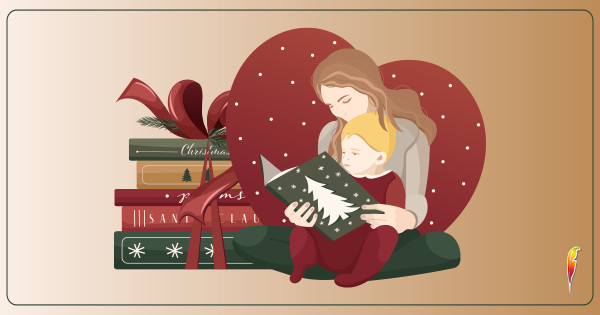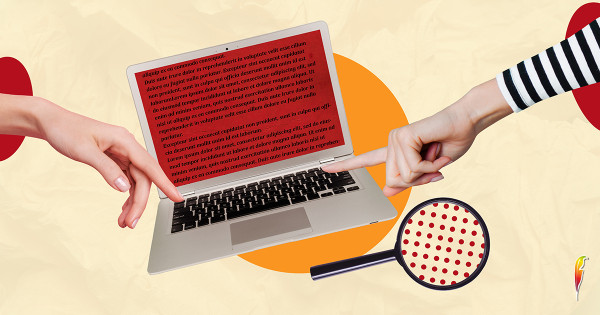
"Basically a Children's book with a bit of Horror... and some Poetry thrown in" - Why Choosing the right Genre is Essential
There’s nothing a publisher or agent hates more than hearing “well, my book is a little bit of a mystery, but it’s set in a dystopian future, so it’s sort of sci-fi… and there’s a love story, so it’s also kind of a romance…”.
If you’re unsure of which genre your book falls into, you’re saying you don’t know your target audience. And without understanding your target audience, you, and the publisher, won’t know how to market your book. Your ideal audience uses genre to find your book.
Let’s say you love thrillers and you’re looking for your next page turner. You’ve read all the books by your favourite authors and anything you’ve been recommended; you just want to find something new.
Now let’s say you have twenty minutes to find your next read… you’re not going to wander randomly around a book shop. You’ll go straight to the thrillers section, right? So, if you’ve written a Thriller but shelved it under Romance because the lead character falls in love, they won’t find your book, because they weren’t looking there. And some poor Romance reader is going to be annoyed because they were expecting a lot more of the lovey stuff.
In short, choosing the right genre is about improving your odds of making a sale.
Here are four simple steps to help you choose the right genre for your book.
1. Get to know genre options
A quick glance at Amazon’s Books page, a browse on Google or a stroll through any bookstore, will show you the main book genres on the market. The Amazon bestseller page for books splits its lists by genre. Try to look at the top five bestsellers in each genre and read each book description. What does each genre emphasise?
2. Identify genre elements in your work
Look closely at your work.
Does it have a love story? Are there elements of magic or the supernatural? Is it set in the past, present, or future? What drives the plot?
You’re looking for elements that could help narrow the focus.
Which elements do you enjoy the most? What are you the proudest of?
You don’t need to decide your genre yet. You’re just looking for the story pieces that will help you decide. Once you’ve got a list of your story elements, you’re ready to move to the next step.
3. Identify your most likely reader
What sort of reader would love your novel, and why?
Keep in mind: the question is not which readers might enjoy your novel. Anyone could buy the book by chance, and be surprised at how much they enjoyed something outside their norm. But your odds of finding that person are slim. That’s not marketing – it’s luck. Instead, you’re targeting the fan who will go absolutely nuts for exactly what you’ve written.
- Who is the screaming super-fan for this book? Try to imagine a specific person. Pretend you’re reading a review by a fan. What does it say? Beyond the generic “this book is awesome,” what does the super-fan specifically adore about your novel?
- What does your super-fan complain about? Keep genre conventions in mind. If the demon of your horror novel is like Casper only friendlier, hardcore horror nuts will feel cheated. If the Duke in your historical novel steps out his carriage to check his iPhone, history lovers will be aghast. You can only break a convention if you have a very good reason for it, otherwise your readers feel let down and your book will be cast aside.
4. Use comparative titles to nail your sub-genre
Each genre carries books by writers who offer different sub-genres. Once you know your most likely buyer, imagine you’re looking at an online bookstore sales page for your novel. Underneath the “purchase” button you’ll find recommendations for other novels, with the phrase “People who bought this also bought…” Think of three novels your super-fan might enjoy that are similar to yours in style and content. See where these are categorised on Amazon or in your local bookstore. This is how you will identify the genre that best suits your novel.
The better you get at identifying your strengths and your reader, the more accurately you’ll pick your novel’s genre.



